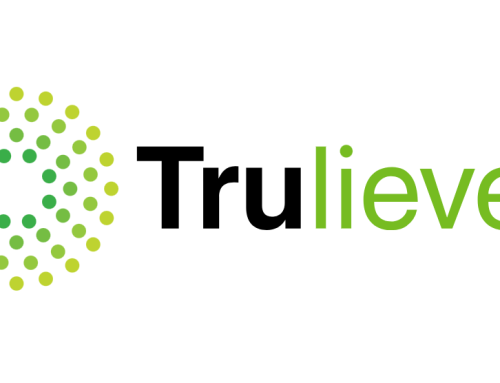California Reinvests Cannabis Tax Revenue to Support Communities
LOS ANGELES– The California Community Reinvestment Grants (CalCRG) Program has announced over $45 million in grants for Fiscal Year 2023-24, aiming to uplift communities impacted by the War on Drugs. This initiative represents a significant step toward addressing the adverse effects of past drug policies.
Overview of the CalCRG Program
The CalCRG program, established under Proposition 64 (the Adult Use of Marijuana Act), utilizes cannabis tax revenue to support communities disproportionately affected by the War on Drugs. The program focuses on providing job placement, mental health treatment, substance use disorder treatment, system navigation services, legal services to address reentry barriers, and connections to medical care. These comprehensive services aim to support some of California’s most underserved populations.
Funding Allocation and Impact
The Governor’s Office of Business and Economic Development (GO-Biz) oversees the awarding of these grants, ensuring that at least 50 percent of the funding each fiscal year goes to qualified community-based nonprofit organizations. This approach not only promotes community development but also ensures that the benefits of legalized cannabis extend to those most affected by historical drug policies.
For Fiscal Year 2023-24, GO-Biz has allocated over $45 million to various nonprofits and local health departments. This marks the sixth round of cannabis-funded grants under the CalCRG program, highlighting the state’s ongoing commitment to supporting communities through cannabis tax revenue. The grants, ranging from $600,000 to $3 million, support organizations dedicated to job placement, legal assistance, mental health, and substance use disorder treatments.
Applying for Future Grants
Organizations interested in benefiting from the CalCRG program can apply for the next round of grants, which will open in August 2024. To be eligible, nonprofits must meet several criteria, including:
- Being organized, in existence, and in good standing for at least six months prior to the grant solicitation.
- Holding tax-exempt status with the Internal Revenue Service and the California Franchise Tax Board.
- Being registered with the California Secretary of State’s Office and maintaining “Active” status.
- Holding a “Registry Status” of “Current” or “Exempt” with the California Attorney General’s Registry of Charitable Trusts.
- Possessing any necessary state or local licenses or certifications for providing the proposed services.
- Having a physical address in California.
Grants can cover 100 percent of personnel costs for providing services and reimburse 50 percent of training, equipment, and other direct costs. Indirect costs may not exceed 17 percent of the total award.
Positive Social Change Through Cannabis Revenue
California’s reinvestment of cannabis tax revenue into community programs demonstrates how cannabis legalization can drive positive social change. By funding services such as job placement, mental health treatment, and legal assistance, the state addresses the long-term impacts of the War on Drugs and creates new opportunities for affected individuals.
Revenue from legal cannabis sales not only normalizes the industry but also makes a tangible difference in communities across California. As the CalCRG program continues to expand and allocate more funds, the potential for positive impact will grow, further supporting the state’s commitment to community revitalization and social equity.


































